If you have ever visited Cyprus, you may have noticed how life on the island seems to grind to a halt in the afternoon. Even in large cities, life slows down for a few hours after lunch. Is this a sign of laziness, a Mediterranean habit, or an ancient philosophy that has become an integral part of life in this country? To answer this question, let's explore why Cyprus has such a relaxed pace of life and what other countries can learn from its inhabitants.
Read on to learn about the philosophy of mesimeri, why Cypriots don't like being called after noon, and how to start living at a 'siga-siga' pace. If you want to learn how to slow down, read on!
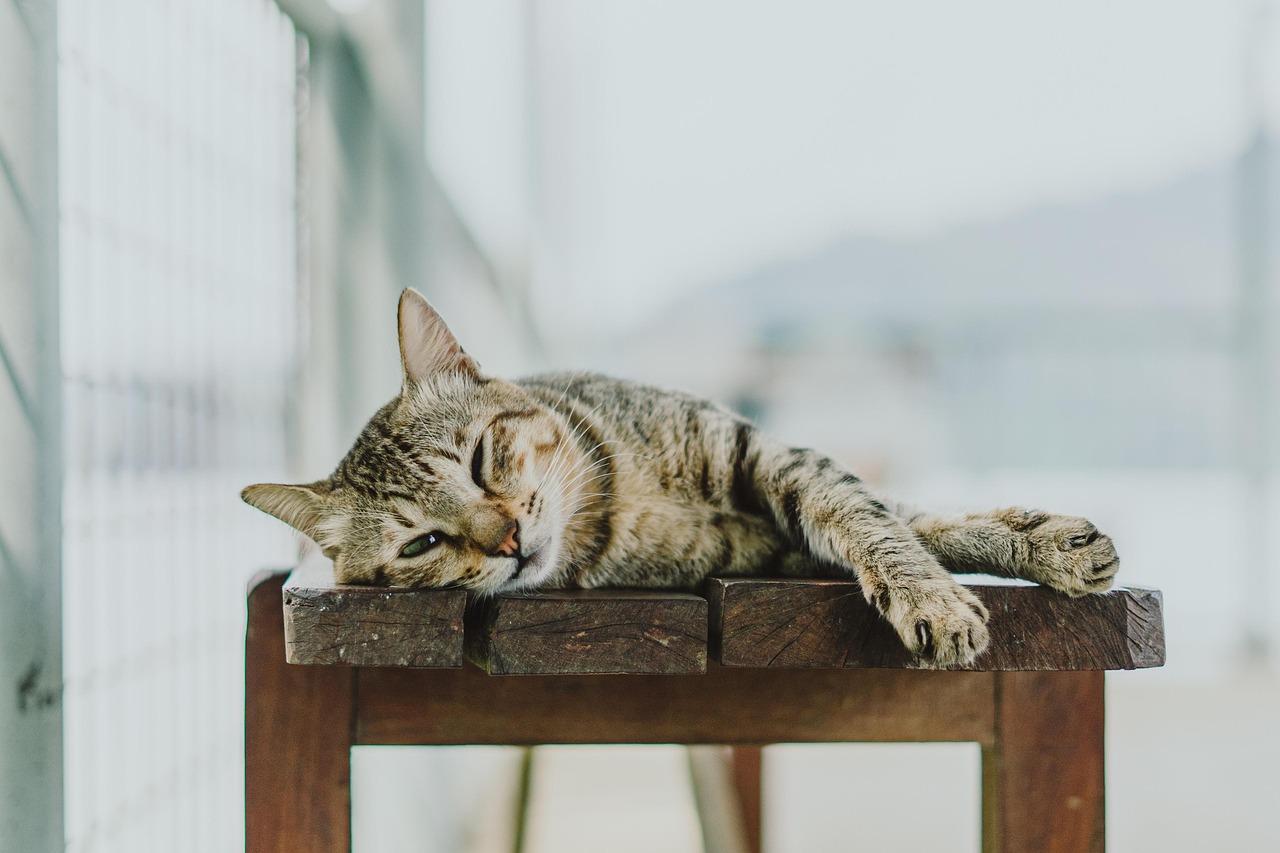
Life in the rhythm of siga-siga
Translated, siga-siga (σιγά σιγά) means 'slowly' or 'without rushing'. In Cyprus, however, it's more than just a word — it's a philosophy and a distinct way of living in the moment. Locals can use this word to answer almost any question. Alternatively, they can use it to comfort and cheer someone up. Cypriots are one of the least hurried nations, unlike the inhabitants of other countries. They can spend hours chatting in the street, drinking coffee and playing backgammon. While it may seem that most locals are always relaxing, this is not the case.
Many services in the country operate at this pace too; you may have to wait weeks or even months for a repairman or an official decision. However, 'siga-siga' does not mean laziness or irresponsibility. Rather, it is a pragmatic approach that forms the basis of Cypriot life. Locals believe it's important not to rush, but to do things gradually at your own pace so you don't burn out later. To them, working well does not mean working more.
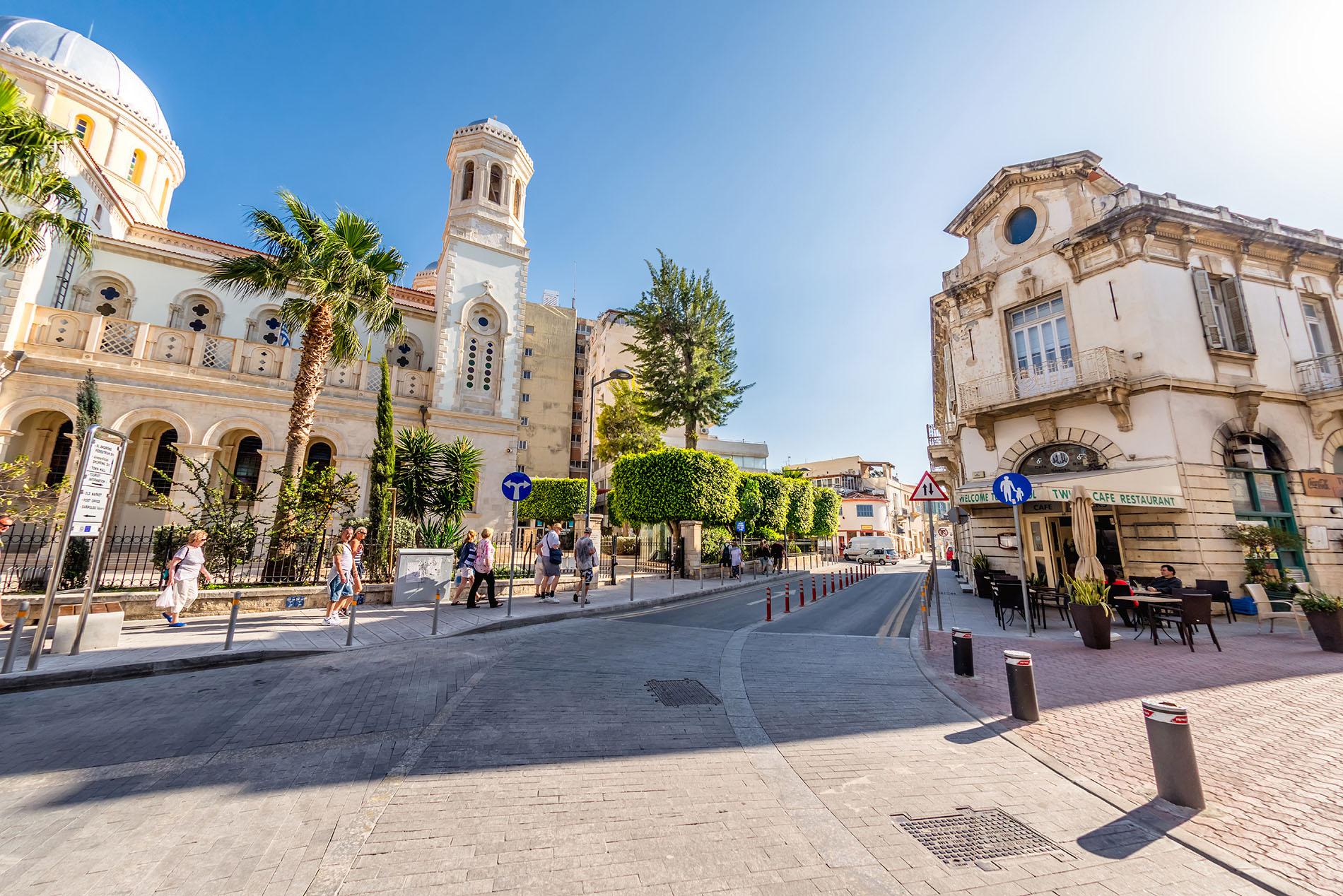
The philosophy of mesimeri
The word 'mesimeri' (μεσημέρι) translates as 'midday'. At noon, locals usually stop working for a few hours to relax at home with their loved ones. In Cyprus, this is more than just a lunch break or an afternoon nap; it's a way to restore balance and take a break from work. This is why 'mesimeri' is a continuation of the 'siga-siga' philosophy and strictly observed on the island. It has become a sacred concept for the whole country.
In the past
As followers of Greece, Cypriots inherited the concept of 'mesimeri'. For the ancient Greeks, noon was considered the apogee of the day — a critical point at which the morning's activity gave way to the evening's relaxation, a notion that aligns with Aristotle's concept of the 'golden mean'. References to 'mesimeri' can be found in the literary works of other thinkers, such as Plato and Herodotus.
In folklore
Noon is considered a mystical time: the sun is at its zenith, literally blinding the eye; objects no longer cast shadows; and the air is still. According to popular belief, this time belongs to special spirits or nymphs — the 'mesimeria' (or 'mesimeriá') — who can attack anyone outside at noon, causing them to faint or suffer sunstroke. Therefore, people were believed to be at risk if they were outside at noon. Such beliefs exist in other cultures, but they are particularly prevalent in Cyprus.
The influence of climate
Cyprus is usually very hot. One of the hottest periods is from July to September, when temperatures can exceed 40°C in Nicosia and 30°C on the coast. The combination of heat, high humidity and scorching sunshine in Cyprus completely destroys productivity. The hottest time of day on the island is between 12:00 and 16:00. This is why Cypriots usually wake up very early, work hard until midday, and then rest at home.
Nowadays
The philosophy of 'mesimeri' is widely accepted in Cyprus today — most shops and even pharmacies on the island close for several hours a day, and many companies, especially private ones, follow suit. There are also noise restrictions in place for houses and apartments from 1 pm to 4 pm — the official 'quiet time'. Additionally, it is considered impolite to call each other during this period.
Mealtimes
To this day, especially in villages, Cypriots start their morning with a light breakfast of strong Cypriot coffee, a glass of cold water, and kuluri bread or rusks. This helps them to stay alert and get straight to work. Lunch is the main meal, so the most popular question friends or neighbours ask each other in Cyprus is, 'What are you having for lunch?' This is usually the largest meal, after which one inevitably feels sleepy and wants to rest.
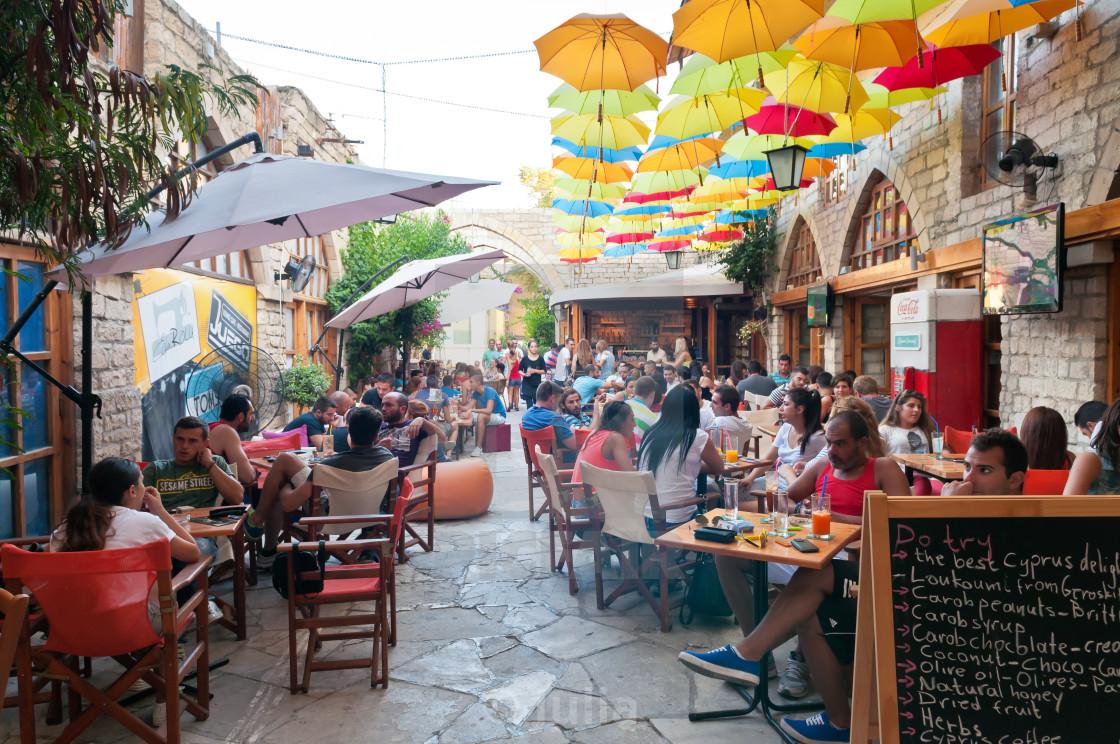
Where is the 'siga-siga' rhythm most noticeable?
Although life in Cyprus is also accelerating, modernity is making its adjustments, and there are still places on the island where people continue to live at a 'siga-siga' pace. Paphos is one such place: a city famous for its rich sea colours, unspoilt natural beauty and relaxed atmosphere. Many people seeking a break from the hustle and bustle choose Paphos. It is also home to the largest expat community in Cyprus, who feel right at home here.
Compared to Limassol, where the cost of living and housing prices are significantly higher, Paphos is more affordable — especially for apartments. Another unhurried city is Larnaca. It is livelier and slightly more expensive than Paphos, but there is still time and space to relax, and property prices are not as high as in Limassol. If you want to immerse yourself in the 'siga-siga' atmosphere for at least a day, visit the ancient villages where the locals still preserve ancient traditions and ways of life passed down from generation to generation.
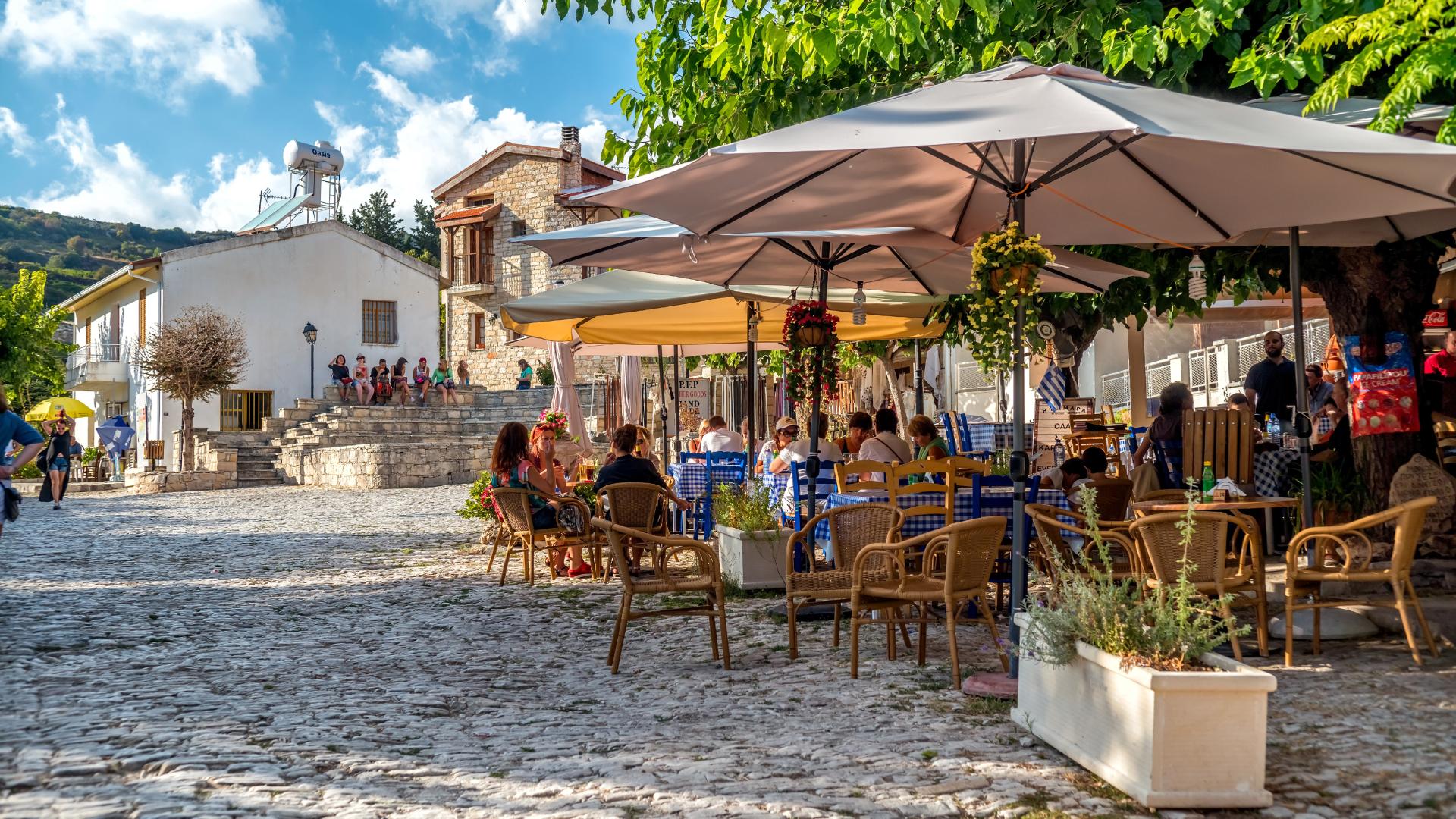
How to start living at the Cypriot pace
A slower pace can help you relax and set your priorities straight. But how do you learn the art of 'siga-siga'? It's not difficult — if you live on the island surrounded by Cypriots, you can simply observe their habits day after day and adopt them.
Live in the moment and prioritise social connections over deadlines. Having dinner with friends can relieve stress and improve your mood. Don't wait until you're extremely tired; try to take short breaks instead. Take in the view from your apartment or office window, or go for a walk around the city to experience something new. Paradoxically, you can accomplish more by slowing down than by rushing. It has officially been proven that those who take short breaks are the most productive and perform significantly better. Many companies around the world have recognised the benefits of the 'siga-siga' rhythm by creating new relaxation areas for employees.
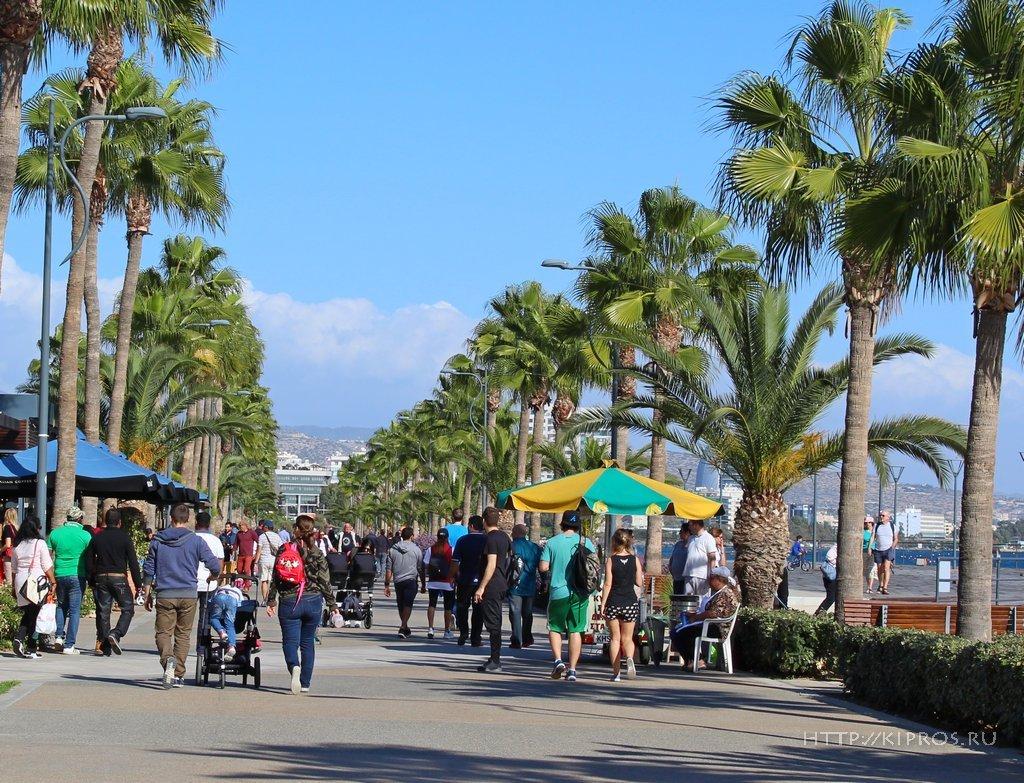
Some people are frustrated by how slow Cypriots are, while others admire their ability to find balance. The island itself teaches us to slow down: the alluring coastal views and the salty smell of seawater, the clean, soft sand and smooth pebbles all seem to invite relaxation and rest. After a few months of living in Cyprus, you won't even notice how you begin to slow down and live in harmony with the island's rhythm. The 'siga-siga' philosophy will become your secret weapon in the fight against stress.
Read also

